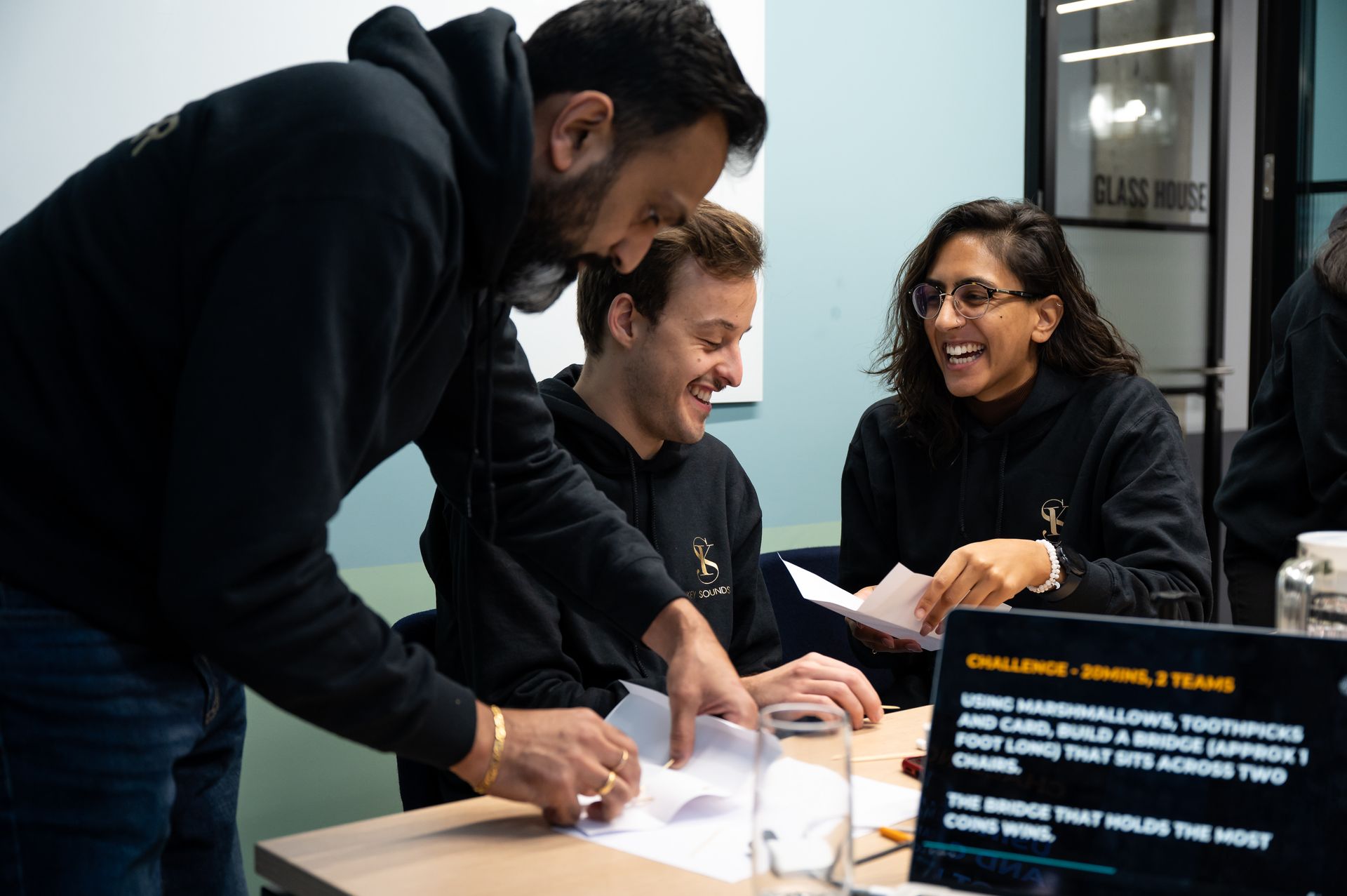The Ultimate Guide to Starting Your Piano Journey
The journey of learning to play the piano is a rewarding and fulfilling experience that can enrich your life in countless ways. Whether you're a teenager or an adult, or even as young as 6 years old, this guide is designed to provide you with the essential knowledge and tools to embark on your piano-playing adventure.
At Key Sounds UK, we understand that taking the first step can be daunting, especially for teenagers and adults who may be new to piano playing or have prior musical experience. That's why we offer a trial period for students of all ages, starting from 6 years old and above. During this trial, you can test out our services and gain valuable feedback on your current skills and understanding.
Our team of experienced instructors is dedicated to helping learners of all abilities. We believe that everyone has the potential to become a skilled pianist, and our trial period is designed to support and encourage you on your journey, no matter your starting point.
Now, let's dive into the educational aspect of your musical journey. In this guide, you will learn the fundamentals of piano playing, from understanding the layout of the keyboard to reading sheet music and playing simple melodies. We will explore proper hand positioning and technique, as well as introduce you to basic music theory concepts. Our step-by-step approach ensures that you progress at your own pace, building confidence and competence along the way.
In addition to the educational aspect, we want to inspire you to embrace the joy of playing the piano. The beauty of music lies in its ability to evoke emotions and connect people on a deep level. As a young learner, teenager, or adult, you have unique experiences and perspectives to bring to your musical journey. So, let the music fill your heart and soul, and let the piano become your trusted companion on this incredible path of self-expression and personal growth.
If you wish to know more about these hacks and resources, feel free to take a look around our website or connect with us directly!



All Rights Reserved | Key Sounds UK
